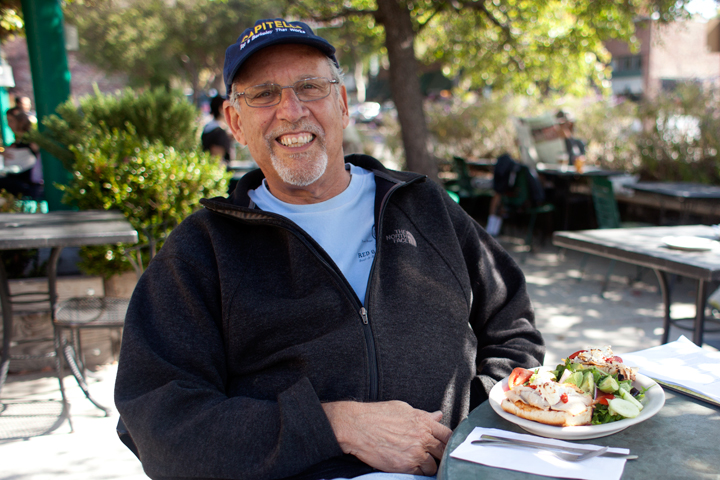Seven months after City Councilman Laurie Capitelli voted in November 2009 to loan incoming Police Chief Michael Meehan $500,000 in public funds to buy a house, he helped sell Meehan a home and garnered a $15,000 commission, according to a report by Thomas Peele for the Bay Area News Group.
Capitelli had not been hired as Meehan’s real estate agent when he voted with the rest of the City Council to provide the housing loan. Consequently, he does not feel he broke any ethical boundaries, he told the newspaper.
“I had no clue I’d be representing him” when the loan was approved, said Capitelli, 69, who is a partner in Red Oak Realty. “He came to me months later."
Others, including City Councilman Kriss Worthington and an ethicist, think Capitelli did violate ethical boundaries.
“No way!” Worthington told the Mercury News. “It is almost inconceivable. It’s just slimy and unethical. It cheapens the office” of council member.

